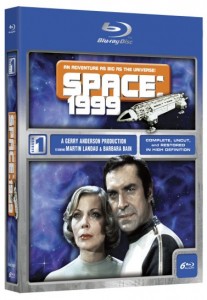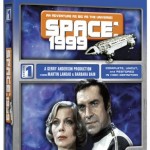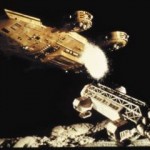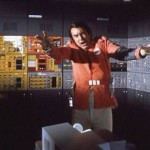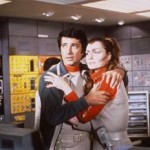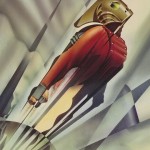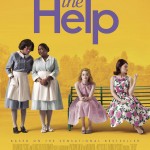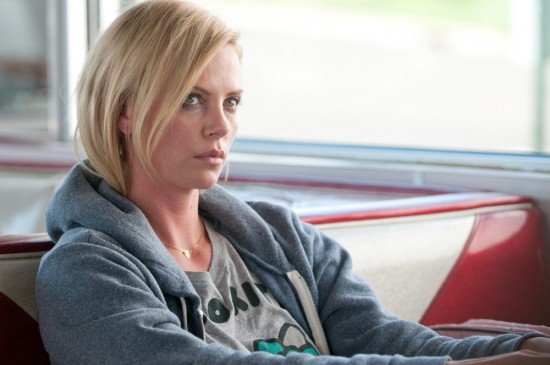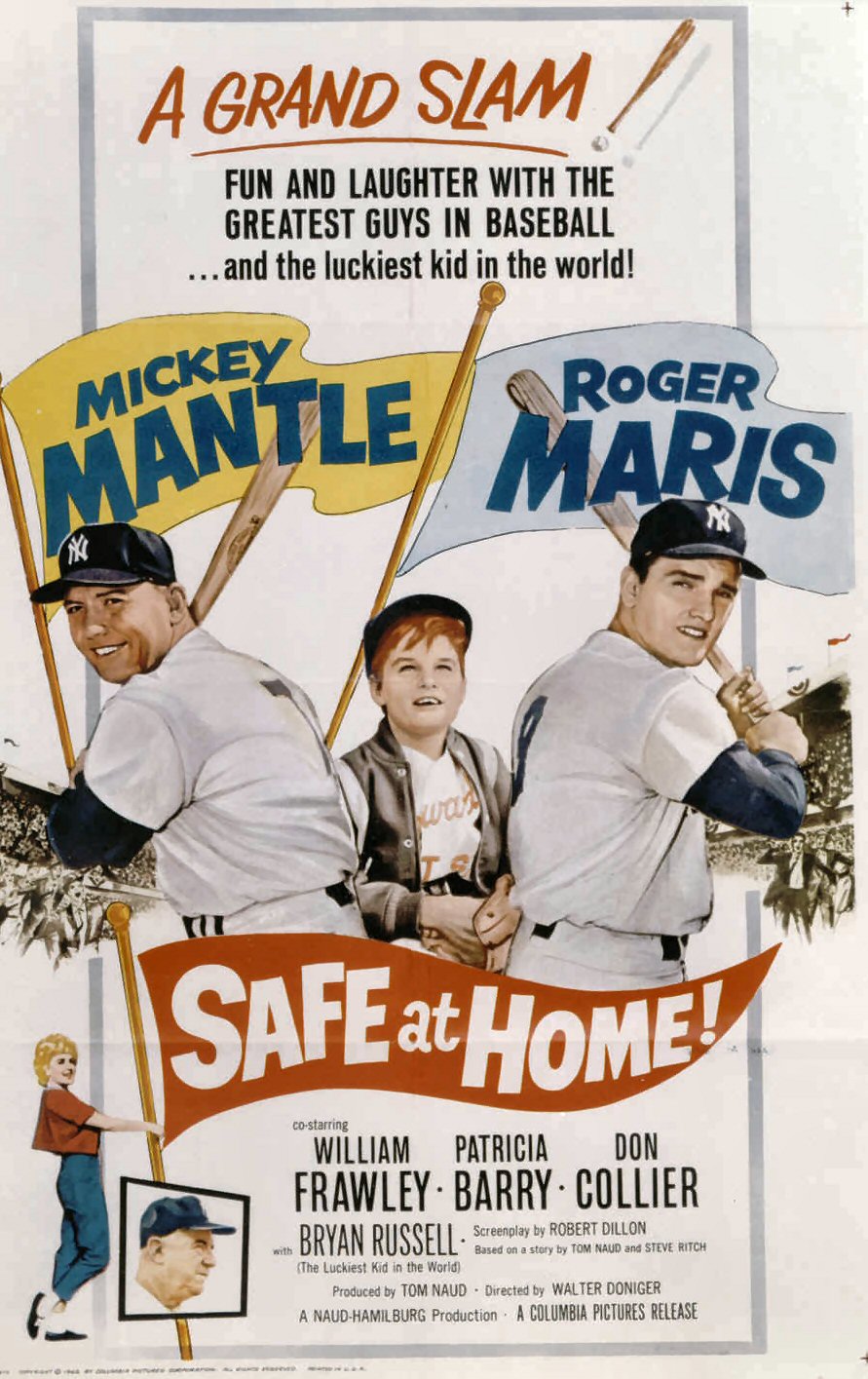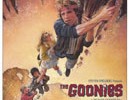Science fiction stories and shows might be set in distant times and places, but the core themes are about the here and now. Good sci-fi makes you reflect on the world around you, offering ideas to mull and inspire to imagine the possibilities. Created by Gerry and Sylvia Anderson, the first season of Space: 1999 achieves this with intense story lines and some impressive technical feats.
Premiering in 1979, the show was set 20 years in the future. The moon was being used as a nuclear waste dump. But after a massive explosion, the lunar satellite was sent hurling into space. The more than 300 crew members aboard Moonbase Alpha are faced with the task of ultimately finding a way back home. But in the meantime, they encounter all sorts of dilemmas, extra terrestrial beings and dilemmas brought on by extra terrestrial beings.
When boiled down, this premise is nothing new, sharing a lot of similarities to the various incarnations of Star Trek and the original Battlestar Galactica. The difference is in the delivery. Space: 1999 takes a much more serious tone and often delves head-on into the moral issues of life, death and destiny the episodes take on. Star Trek took on some big ideas as well, but there was definitely a lighter feel to it, particularly with the over-the-top acting of the original series. It’s not that Space: 1999 doesn’t have a sense of humor, however it relies much more on serious drama.
The best episodes in season one are the ones that really get into the moral issues. Often, the resolutions are more bleak than they are uplifting. Not everyone survives and sometimes this is a result of human choice and their need to survive. This leads to serious drama that caused me to reflect on some of my own ideals.
The Anderson’s are among the most well-known British television creators. However, they’re arguably best known for their cheesy puppet productions like Thunderbirds and Captain Scarlet. Space: 1999 and UFO marked their entries into the live action realm. Honestly, going into Space: 1999, I expected lots of corny effects a step above cardboard ships dangling from clearly visible strings. Although dated by today’s standards, the look of the show is still very good. It has some limitations, but it works around them very well. They’re merely the background that they should be, rather than a distraction that negatively takes away from the rest of the show’s aspects like a rowdy drunk jumping around in the background of an on-location news story.
Being too young to have seen Space: 1999 during its original run, I was pleasantly surprised with the level of ideas explored in the show’s first season. This is science fiction at a very high level. Although the look may be somewhat dated, the themes of human nature and survival remain timeless.
Blu-ray Review
A&E’s seven-disc Blu-ray set for Space: 1999 Season One is nothing short of fantastic. As a whole, the 24 first-season episodes look fantastic. The digitally restored high definition picture has been cleaned, but it still maintains a nostalgic feel. Audio includes both 5.1 Dolby Digital tracks and the original mono. Twenty-two episodes also include music-only tracks. The two remaining episodes, however, have commentary tracks from Gerry Anderson.
Two full discs are dedicated to bonus features. “These Episodes” is a fascinating episode-by-episode look at the season, through the eyes of various crew and cast members. It goes into great depth showing the production side of the series, honestly highlighting the challenges and successes of the show when it was originally made. “Memories of Space” is like a short little love letter to the show. Running seven minutes, it provides a good argument as to some of the reasons why the show holds up so well today. Other featurettes include an interview with series co-creator Sylvia Anderson, looks at the show’s concepts, special effects, a two-part look at Gerry Anderson produced in 1975 and a random 90-second interview clip with actress Catherine Schell based on the episode “The Guardian of Piri.” Production bonus features include the opening credits minus the text, alternate opening and closing sequences, raw special effects footage, ad bumpers, Barry Gray’s original opening music demo, trailers and a premier introduction and outro featuring series stars Martin Landau and Barbara Bain. All-in-all, this is an exhaustive release that pays tribute to both the show and rewarding its fan with an insider’s look into the inner-workings required to make it happen.
